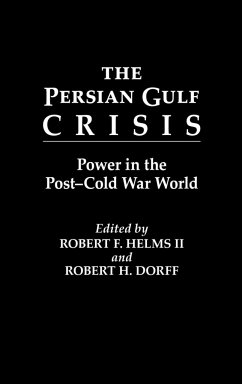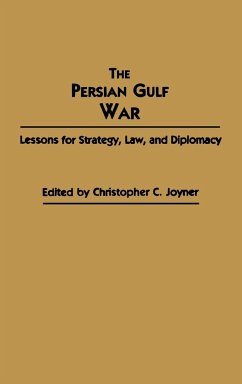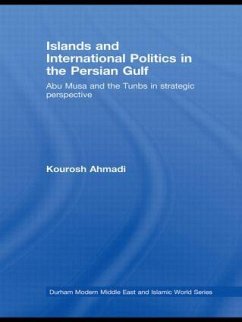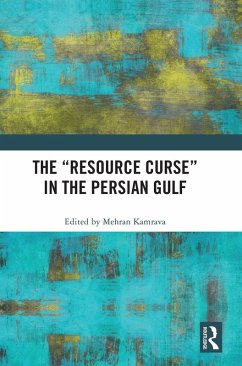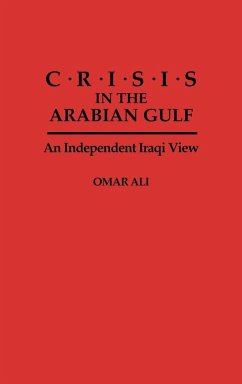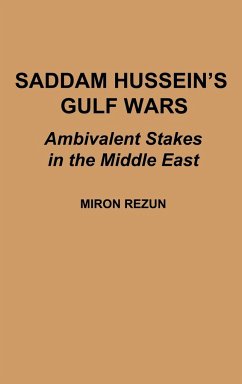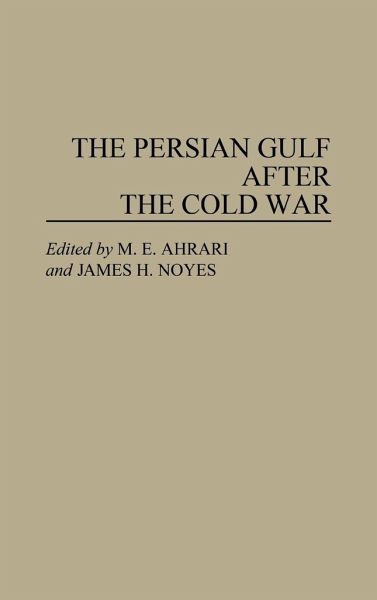
The Persian Gulf After the Cold War
Versandkostenfrei!
Versandfertig in 1-2 Wochen
88,99 €
inkl. MwSt.

PAYBACK Punkte
44 °P sammeln!
This is a comprehensive examination of the strategic affairs of the Persian Gulf since the Gulf War of 1991. The authors conclude that the arms race in the Persian Gulf should be controlled, but maintain it is likely to continue because of the clashing strategic perspectives of Saudi Arabia and Iran, and because of the sustained willingness of all major suppliers to find new revenue sources for their declining defense industries in the post-Cold War decade. They also argue that the U.S. should not adopt a policy of isolating or ignoring Iran in its endeavors to find security arrangements in th...
This is a comprehensive examination of the strategic affairs of the Persian Gulf since the Gulf War of 1991. The authors conclude that the arms race in the Persian Gulf should be controlled, but maintain it is likely to continue because of the clashing strategic perspectives of Saudi Arabia and Iran, and because of the sustained willingness of all major suppliers to find new revenue sources for their declining defense industries in the post-Cold War decade. They also argue that the U.S. should not adopt a policy of isolating or ignoring Iran in its endeavors to find security arrangements in the Persian Gulf, and that a weakened Iraq has become a major source of instability in the Persian Gulf.



